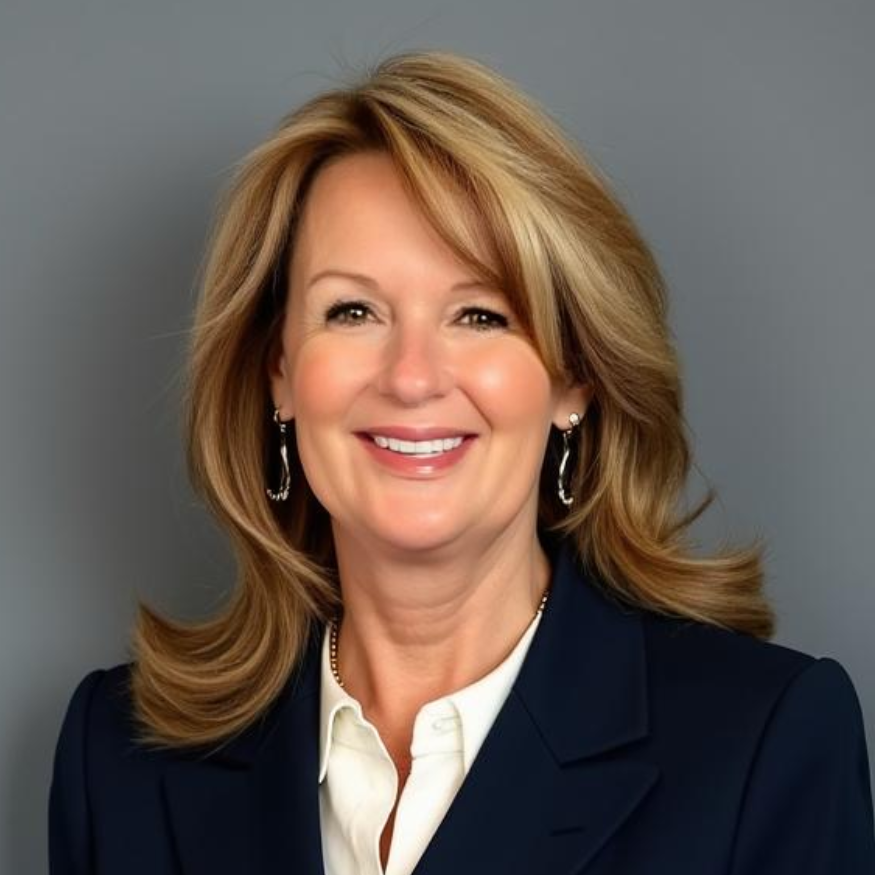
Questions Consumers Are Asking in Denver and Across Colorado
As home prices continue to rise across Denver and throughout Colorado, many consumers are curious about a new concept gaining national attention — the 50-year mortgage. With discussions about housing affordability and long-term loan options in the spotlight, buyers and homeowners alike are wondering what a 50-year term might mean for them.
Below are the five questions that buyers, sellers, realtors, and investors are asking about 50-year mortgages, along with clear, educational insights to help Colorado consumers better understand how these extended-term loans could impact affordability, equity, and future financial planning.
5 Consumer Questions About the 50-Year Mortgage
1. How would a 50-year mortgage affect monthly payments and total interest in Colorado?
A 50-year mortgage stretches loan repayment over five decades instead of 30 years, which lowers the monthly principal and interest payment. However, this longer timeline dramatically increases the total interest paid over the life of the loan.
Educational takeaway: While the monthly payment may drop by 10–15%, borrowers end up paying much more over time.
2. Could a 50-year mortgage make Denver homes more affordable?
In theory, yes. Extending the loan term can make monthly payments smaller, helping some borrowers qualify for a higher purchase price or fit within debt-to-income limits. In markets like Denver, where housing prices remain high, this could open the door to more potential buyers.
Educational takeaway: Lower payments might create short-term affordability, but if demand rises, sellers could price homes higher, negating the benefit.
3. What are the risks of selling, refinancing, or moving within 10–15 years?
With a 50-year mortgage, homeowners build equity much more slowly. If they sell, refinance, or relocate within the first decade, they may have limited equity despite years of payments.
Educational takeaway: Slower equity growth can make it harder to access cash through refinancing or move to another property without resetting the mortgage clock.
4. Are 50-year mortgages available in Colorado right now?
Currently, federally backed loans like FHA, VA, and conventional programs through Fannie Mae or Freddie Mac do not allow terms longer than 30 years. A 50-year mortgage would be classified as a non-qualified (non-QM) product, meaning it could be offered only through select private or portfolio lenders.
Educational takeaway: If introduced, these loans would come with different rates, guidelines, and possibly higher long-term costs. Borrowers should work only with trusted lenders who clearly explain the details.
5. Who could benefit — and who might want to avoid a 50-year mortgage?
| Homeowner Type | Potential Benefit | Key Caution |
|---|---|---|
| First-Time Buyers | May lower payments enough to qualify | Builds equity very slowly |
| Investors | Could boost rental cash flow | Reduces long-term profits due to higher total interest |
| Sellers | May attract more qualified buyers | May extend financing timelines for buyers |
| Divorcing Homeowners | Offers temporary payment relief | Can change equity division and refinancing later |
What This Means for Denver and Colorado Homeowners
If 50-year mortgages become available in Colorado, they could reshape how consumers view affordability and long-term homeownership. While smaller monthly payments may sound appealing, the real cost comes from extended interest and slower financial growth. Buyers, sellers, and investors should carefully consider whether a longer term truly supports their goals or simply delays financial progress.
Whether you’re exploring homeownership, refinancing, or navigating property division, it’s important to understand all your mortgage options.
Contact Mickey Mohs today to discuss which loan structure fits your financial plan — from traditional 15- and 30-year terms to new products as the market evolves.
